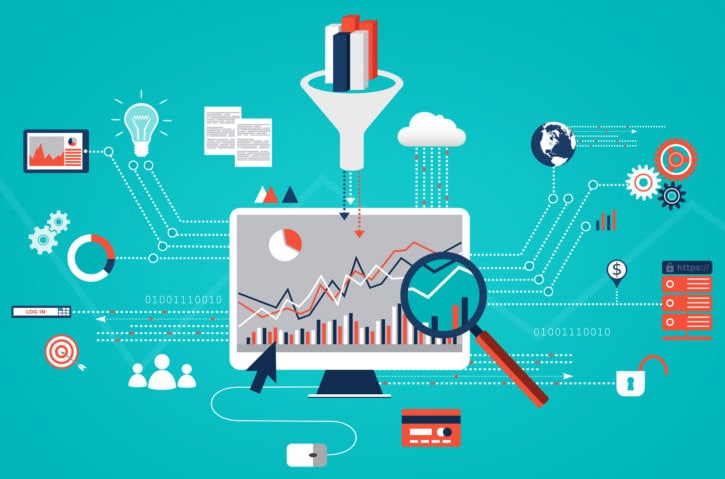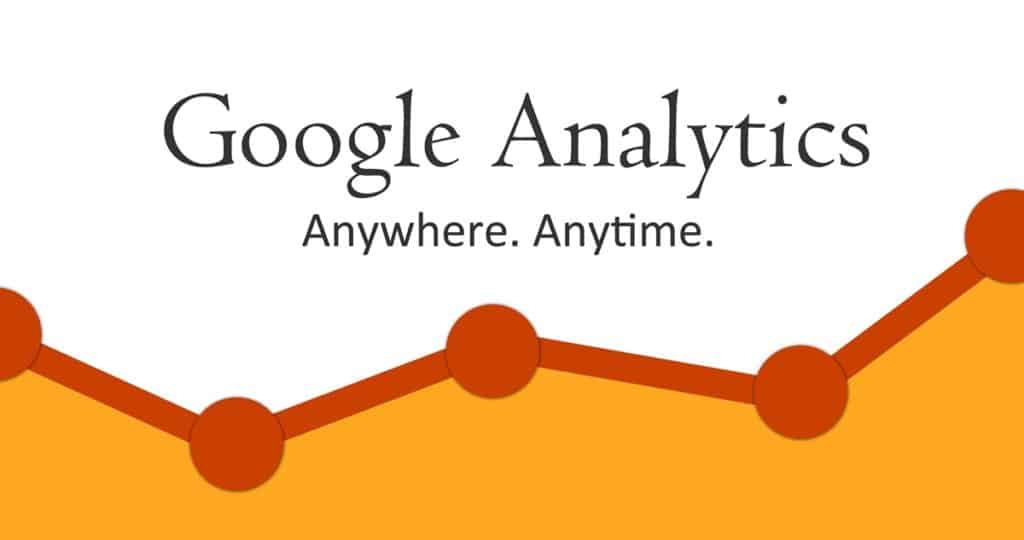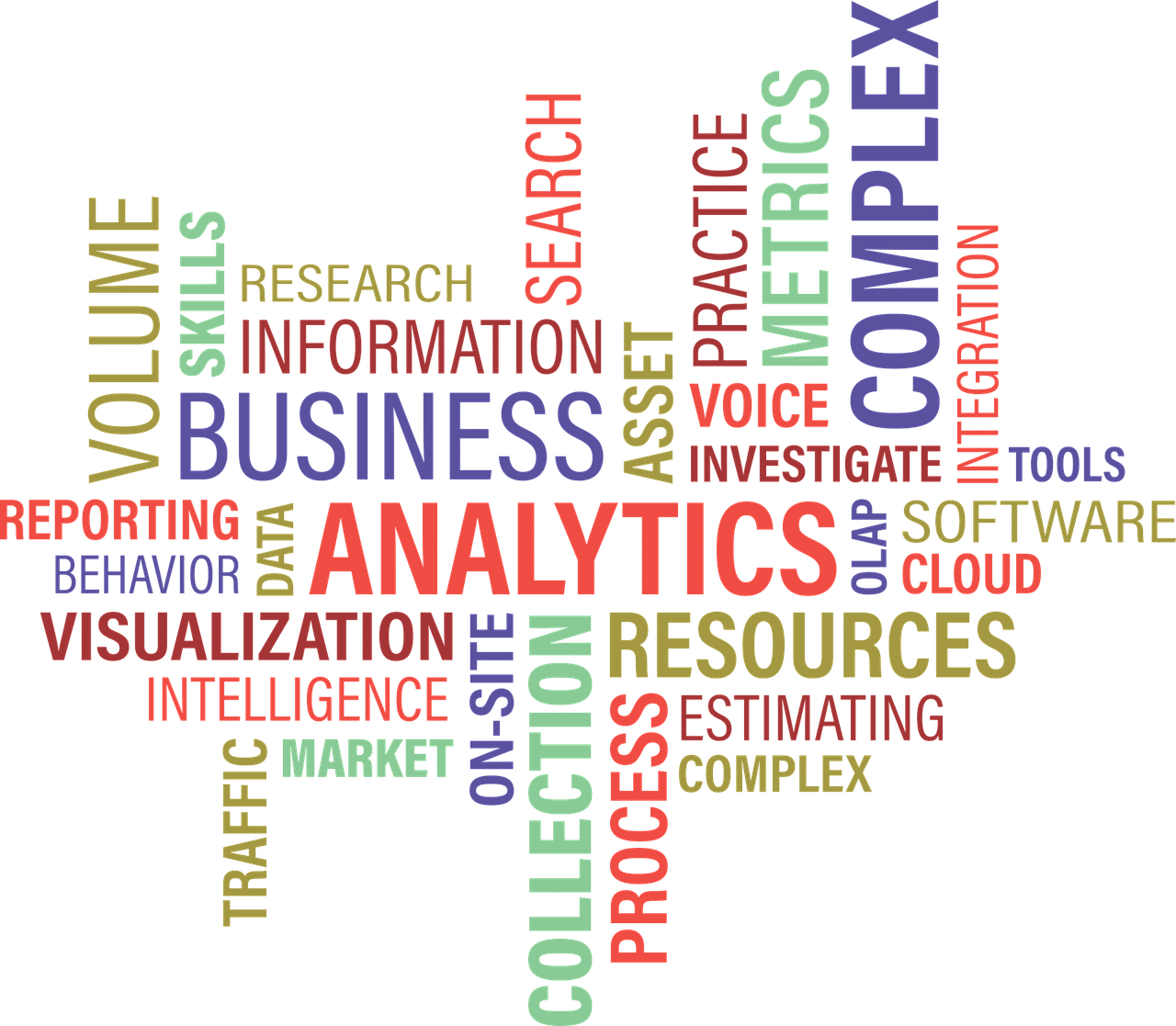In today’s data-driven world, businesses need to harness the power of analytics to stay competitive and make informed decisions. With a myriad of analytic tools available in the market, choosing the right one for your organization can be challenging. In this article, we will explore some of the best analytic tools for business that can help your financial goals.
Microsoft Excel
Although Microsoft Excel is often regarded as a basic spreadsheet application, it is a powerful tool for analyzing data. Many organizations still rely on Excel for their business analytics needs because it offers a user-friendly interface and easy integration with other applications.
Key features of Microsoft Excel:
- Data manipulation: Excel allows users to sort, filter, and calculate data with simple-to-advanced formulas.
- Data visualization: Create attractive charts and graphs to better understand patterns and trends in your data.
- Pivot tables: Summarize large datasets with ease using pivot tables and calculated fields.
- Compatibility: Easily import and export data from various file formats, such as CSV, TXT, and more.

Microsoft Power BI
Microsoft Power BI is a popular business intelligence tool that helps companies transform raw data into meaningful insights. With its robust data visualization capabilities and seamless integration with other Microsoft products, Power BI is an excellent choice for organizations looking to step up their analytics game.
Key features of Microsoft Power BI:
- Data connection: Connect to various data sources, including SQL databases, cloud services, and third-party applications.
- Data modeling: Create relationships between tables, add calculated columns, and define custom measures in your data model.
- Interactive dashboards: Build engaging, interactive dashboards that allow users to explore data and discover insights at a glance.
- Collaboration: Share reports and dashboards with team members or embed them in other applications for seamless integration.
Tableau
A leader in the business intelligence market, Tableau offers a suite of products designed for data visualization and analytics. With its intuitive drag-and-drop interface, Tableau enables users to create eye-catching visualizations and gain valuable insights from their data.
Key features of Tableau:
- Data source support: Connect to multiple data sources, such as databases, spreadsheets, or cloud services.
- Visual analytics: Explore data through various chart types, filters, and interactive features without any coding required.
- Collaborative workspaces: Collaborate on projects, share insights, and manage permissions with ease.
- Mobile compatibility: Access your data and visualizations anytime, anywhere with Tableau’s mobile app.
Google Analytics
Google Analytics is a widely used web analytics tool that helps businesses track and analyze website traffic. This free tool provides valuable information about user behavior, allowing organizations to optimize their online presence and improve their marketing efforts.

Key features of Google Analytics:
- Traffic analysis: Monitor the number of visitors, page views, bounce rate, and more to measure website performance.
- User behavior: Understand how users interact with your site, including the pages they visit, the time spent on each page, and their navigation paths.
- Demographics: Gain insights into the demographics of your website’s visitors, such as age, gender, location, and interests.
- Conversion tracking: Set up conversion goals to measure the effectiveness of your marketing campaigns and identify areas for improvement.
Data Science Tools for Advanced Analytics
In addition to the tools mentioned above, data scientists use a range of specialized software for advanced analytics. These tools typically require programming skills and knowledge of statistical methods but offer powerful capabilities for businesses looking to dive deeper into their data.
R Programming Language
R is an open-source programming language specifically designed for data analysis and visualization. With its extensive library of packages, R offers advanced statistical techniques and machine learning algorithms that can help organizations uncover hidden patterns and trends in their data.
Python
Python is another popular programming language widely used in data science. With its versatile libraries such as Pandas, NumPy, and Matplotlib, Python enables data scientists to clean, analyze, and visualize data effortlessly. In addition, Python offers a range of machine learning libraries, like Scikit-learn and TensorFlow, which allow businesses to implement predictive analytics and AI applications.
Finding the Right Analytic Tool for Your Business
Selecting the right analytic tool depends on various factors, such as the size of your organization, the complexity of your data, the required level of analysis, and the technical expertise of your team. By carefully evaluating these factors and researching available options, you can find the best analytic tools for business that aligns with your needs and helps drive growth.
